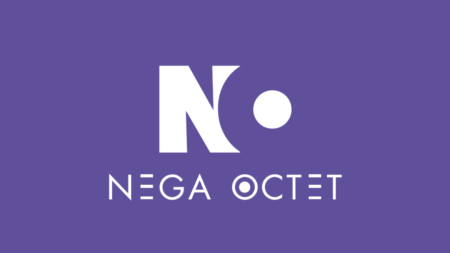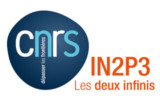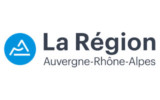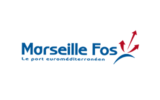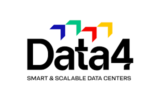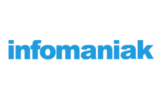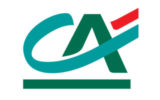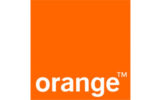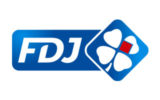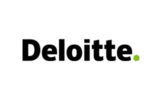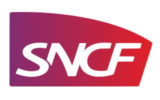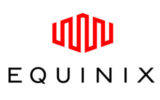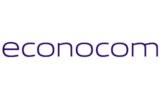Eco-digital design: NégaOctet, winner of the ADEME’s 2018 Perfecto call for projects
What if it were possible to measure and compare the environmental impacts of the digital services that we use on a day-to-day basis in our professional and private lives?
That's the idea behind the NégaOctet collaborative project managed by Neutreo (APL's Green IT department), DDemain, GreenIT.fr and LCIE (a subsidiary of Bureau Veritas), selected by the ADEME as part of its 2018 Perfecto call for projects. The purpose of NégaOctet is to put together and test the first reference framework for assessing the environmental impacts and the eco-design of digital services.
Montrouge, 24 October 2018 – ALP, the data center expert, announces that the NégaOctet project which involves creating and testing a reference framework for assessing the environmental performance of software and digital services, has been chosen by the ADEME as part of its 2018 Perfecto call for projects. Managed by Neutreo, APL’s Green IT department, DDemain, GreenIT.fr and the Laboratoire Centrale des Industries Electriques (the central laboratory for electrical industries, part of CODDE, a subsidiary of Bureau Veritas), the purpose of this two-year project is to implement a methodological framework, a consolidated database and a tool for assessing the environmental impacts of software solutions and digital services, with a view to designing them in an environmentally-friendly way.
NégaOctet: assessing the environmental impact of digital services
The NégaOctet project has emerged from one fact: currently, there is very little reliable data available about the overall environmental impact of digital services and software. Work undertaken thus far has focused on specific topics (the energy efficiency of data centres, the built-in obsolescence of devices, waste production, etc.), but without establishing links between them. The purpose of this project, in which APL will be an active investor, is to put forward a robust and documented methodology, create a shared database and design an assessment tool, all of which will be directly operational for effectively eco-designing digital services.
“The environmental impacts of digital services are often seen as intangible, because we cannot see them.Nevertheless, considerable environmental resources are consumed in the delivery and use of digital services.Our aim with NégaOctet is to create a common assessment method for measuring – and above all reducing – the repercussions that digital services have on the environment.In projects that have been eco-designed, we very often obtain significant reductions.But if we are to make improvements, we have to start by measuring”, explains Caroline Vateau, head of APL’s Green IT department.
A collaborative project, open and mobilising governance
The project is set to last for two years and sets out to be collaborative. It is managed by Neutreo, APL’s Green IT department,DDemain, GreenIT.fr and the Laboratoire Centrale des Industries Electriques (the central laboratory for electrical studies, part of CODDE, a subsidiary of Bureau Veritas). Furthermore, in order to involve everybody along the entire length of the digital value chain, an open and shared governance structure will be put in place. The project will report to an advisory committee on a regular basis made up of the following organisations: Alliance Green IT, EcoInfo, Gimelec, Pôle Eco-conception, C3D, IGNIES, CCI France, Green IT Collective, Green IT Club. “Events will also be organised to demonstrate the progress we’ve made with our work”, says Caroline Vateau.
Five of the eight projects selected are to do with digital sustainability
The ADEME’s 2018 Perfecto call for research projects has selected eight collaborative ones, managed by a total of 23 companies. This year, in addition to Négaoctet, four of the other winning projects are to do with green IT: design of a technology platform for automatically managing environmentally-friendly microservices architecture for the cloud (GL4MA); creation of an artificial intelligence solution for reducing the environmental footprint of software and data centres (GreenApp); design of tools for assessing the environmental impacts of connected objects (GreenLab4_IoT) and a feasibility study for a platform limiting the environmental impact of distributing multimedia content in peer-to-peer mode from the web (WPS). Of the €1.5 million total cost of these eight projects, the ADEME is financing €0.7 million.

